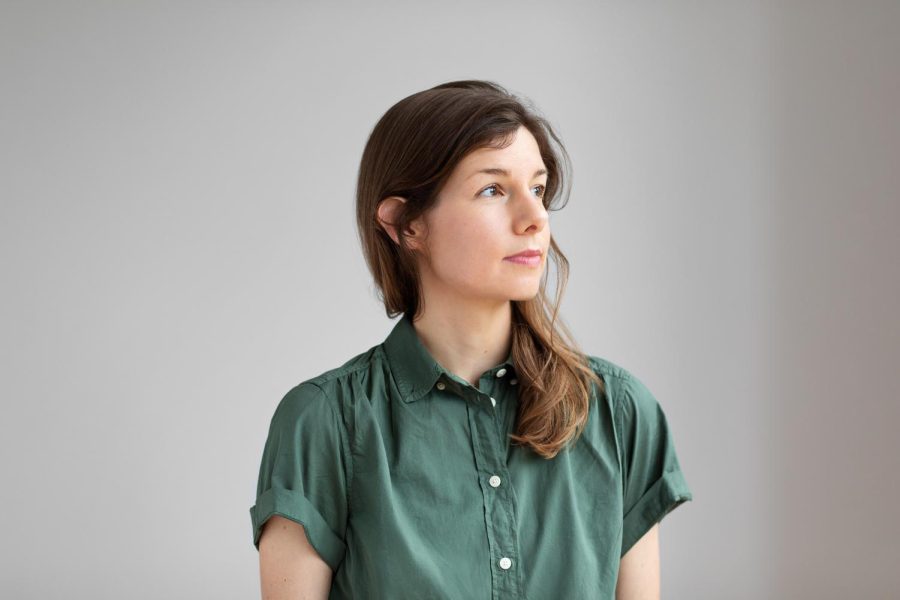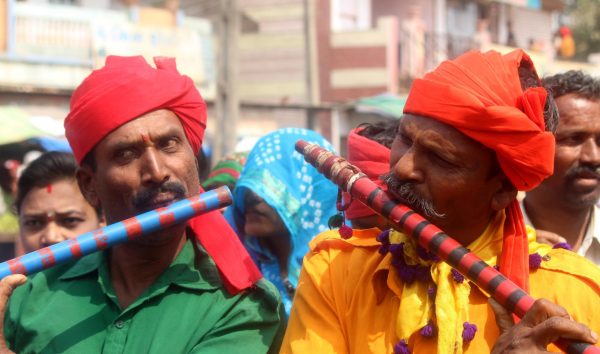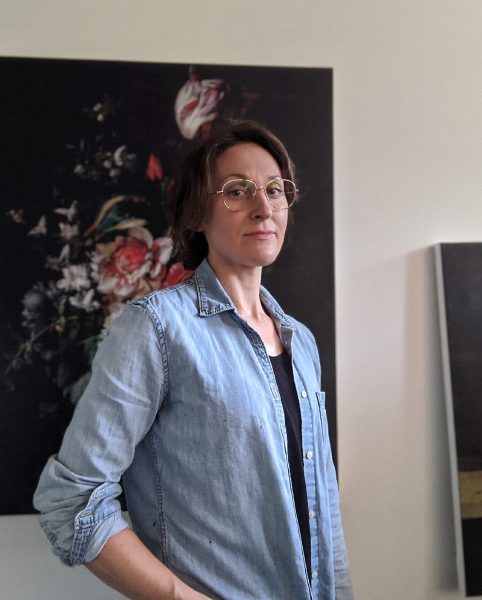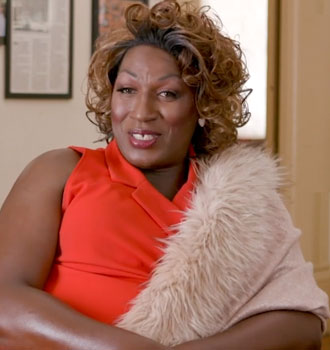Allegra Hyde, Professor of Creative Writing, Author of New Novel Eleutheria
Allegra Hyde
Assistant Professor of Creative Writing Allegra Hyde released her debut novel Eleutheria last Tuesday. Grappling with issues surrounding political activism, systemic corruption, and climate change, the novel follows 22-year-old Willa Marks as she flies to the Bahamian island of Eleutheria to flee heartbreak and join a group of ecowarriors. Much of Hyde’s previous work, including her short story collection Of This New World, deals with the scope of climate change and themes of utopianism. Hyde’s writing has been featured in anthologies like The Best American Travel Writing, Best Women’s Travel Writing, Best of the Net, and The Best Small Fictions and her work has also appeared in Tin House, American Short Fiction, The Kenyon Review, New England Review, and The Threepenny Review.
This interview has been edited for length and clarity.
What was your initial goal when you started working on Eleutheria?
When I started thinking about writing a novel, I knew I wanted to write about climate change. I am a believer that every person has some sphere of influence, some skill they can contribute. And since I’m a writer, I felt like, “Okay, the thing I can contribute to the movement for a sustainable future is to write about it.” I wanted to use fiction as a space to imagine what it would look like to try to solve climate change instead of mostly ignoring it or just not doing anything. I wanted to use fiction as a space to draw connections between groups of people through time. That’s something I think that fiction is uniquely suited to do. That was the challenge that I set myself going into the project.
What was the writing process like for this novel?
Well, my story collection Of This New World was all about the utopian imagination, and the stories were written in a variety of genres. There were science fiction stories about a colony on Mars. There was historical fiction about a Shaker village. Each story was exploring different kinds of relationships: imagining a better world, losing a better world, trying to create a better world. That’s just been an ongoing fascination of mine. I think that actual intentional communities that are out there in the world, where people are stepping away from the mainstream to try to live differently, to try to problem solve — I admire the courage that it takes to do that. I also recognize that those intentional communities often run up against many challenges — humans are flawed, and living up to any ideal is really difficult. So I’ve always been really fascinated by that, and that showed up in my first book. There was one story in particular in that collection called “Shark Fishing,” also set in the Bahamas. It was the longest story in the collection, but it felt like there was more to say. So I used that short story as a springboard to also move forward with a novel. The novel isn’t an exact expansion of that story, but it did grow from that initial effort to talk about what I wanted to talk about.
It took me over five years to write this book. It was a long haul. Being a writer is also a constant struggle to figure out how I can give myself time to write while making sure that I have a place to live and food to eat. I was moving around a lot during that time, looking for opportunities. I lived in Bulgaria at one point. I lived in Houston for a while. But the writing process was just extensive research, reading about climate change — and people’s projections for climate change — reading about utopian communities, and research on the legacy of colonialism in the Bahamas. Also, learning about the patterns of idealism and exploitation that have played out in the Americas. It felt like 1,000 drafts. It took a long time to figure out the shape of the book, to figure out how to best position the material.
What do you want your readers to take away from the novel and your work as a whole?
I want readers to leave the book with a sense of the complicated legacy that has brought us to this moment. Climate change is vast and connected to so many other forces that have played out through history: white supremacy, colonialism, extractivist mentality, and misogyny. They’re all playing a part in bringing us to where the world is in this moment. That legacy has to be reckoned with and brought into consideration when we’re making plans for how we’re going to resolve the future, so I want readers to understand that history. But at the same time, I also hope that people leave the book with a sense of agency and optimism. This book was about balancing that reckoning with a sense of hope. That’s what I was trying to leave readers with. I don’t think you can just have one or the other; you need both of them. That’s where I was trying to go.
Who were your biggest influences when writing this book?
Amitav Ghosh’s The Great Derangement was really helpful. It talked about how literature could do a better job talking about climate change and imagining alternate scenarios for the future. I really took to heart the critiques Ghosh was making and used that as a touchstone. Another book that was a big influence on me was Dr. Micah White’s The End of Protest, which is a book about activism and how it needs to evolve in order to effectively address the crises of today. I found it really inspiring, and my novel is in many ways about social movements, activism, and the ethics of activism.











